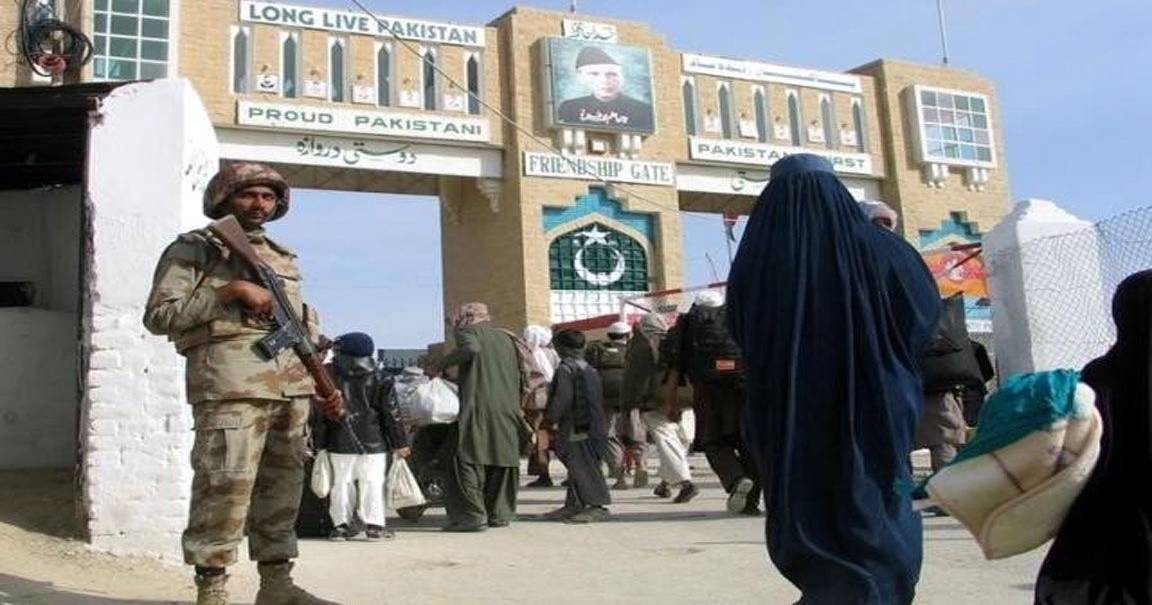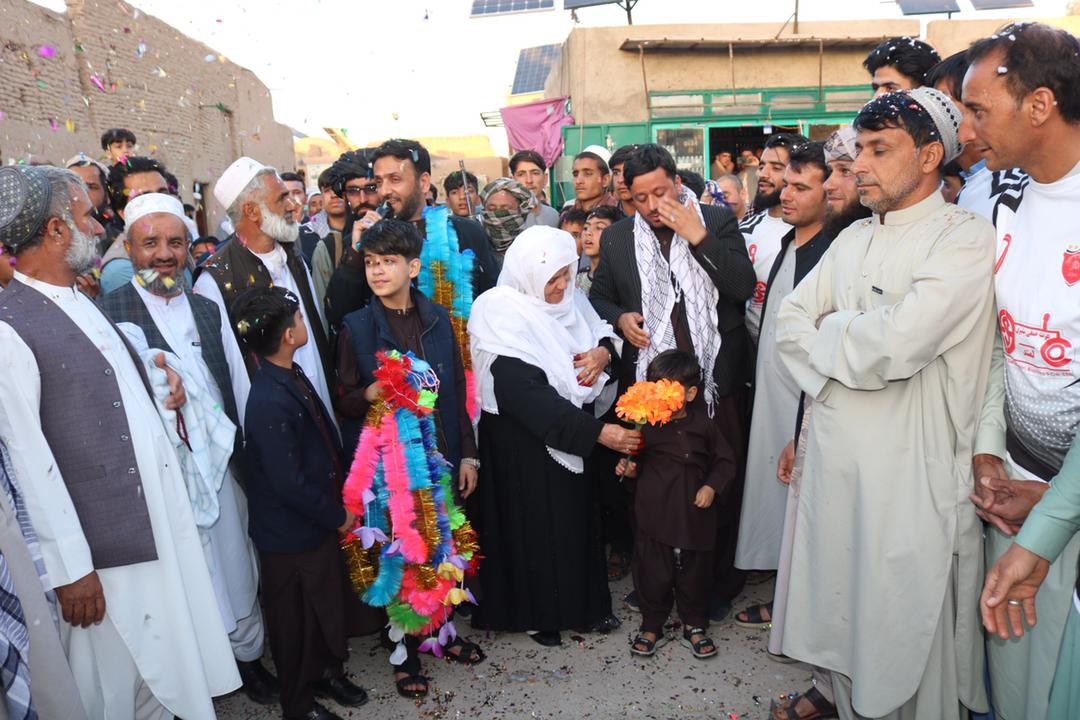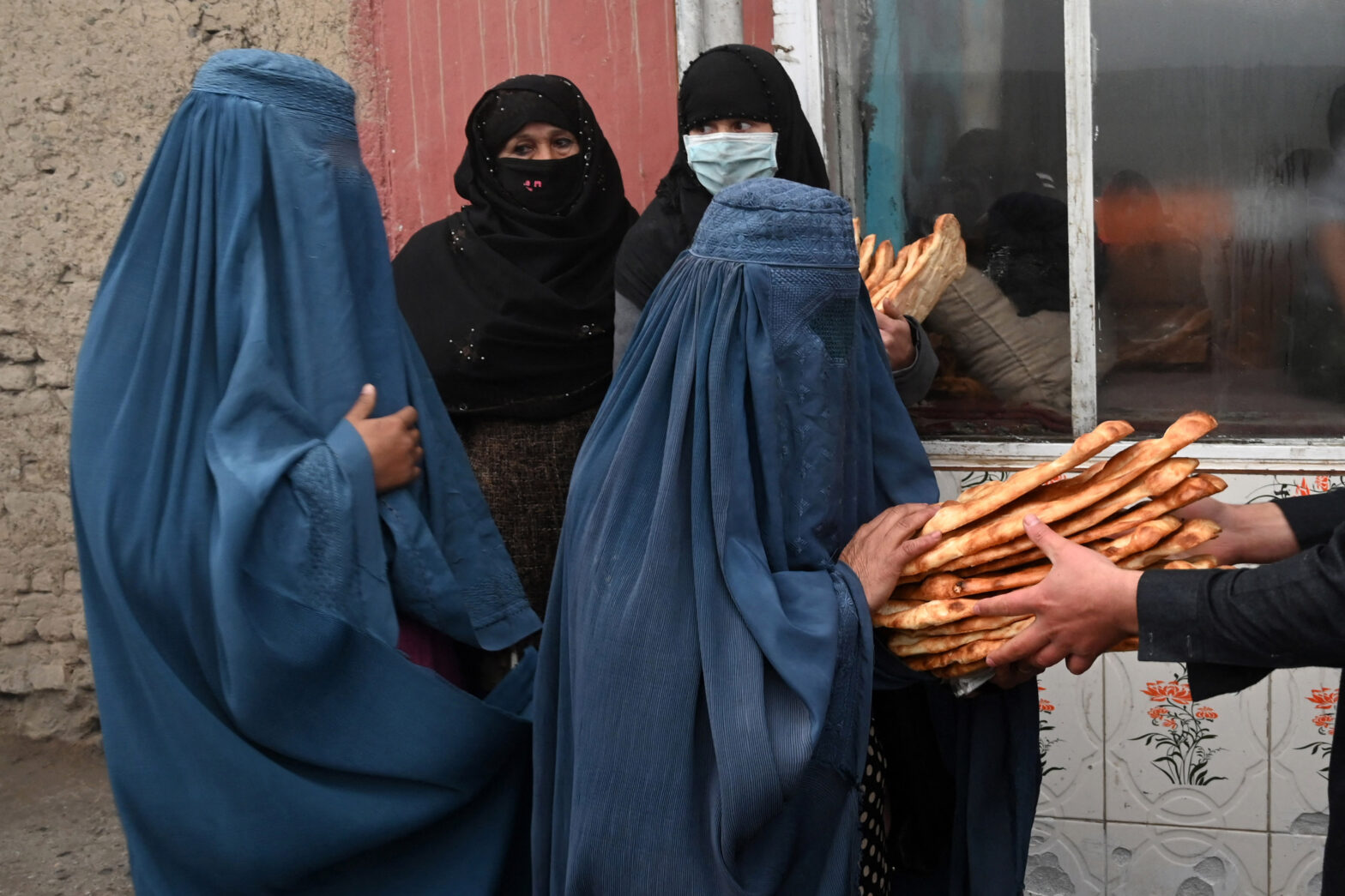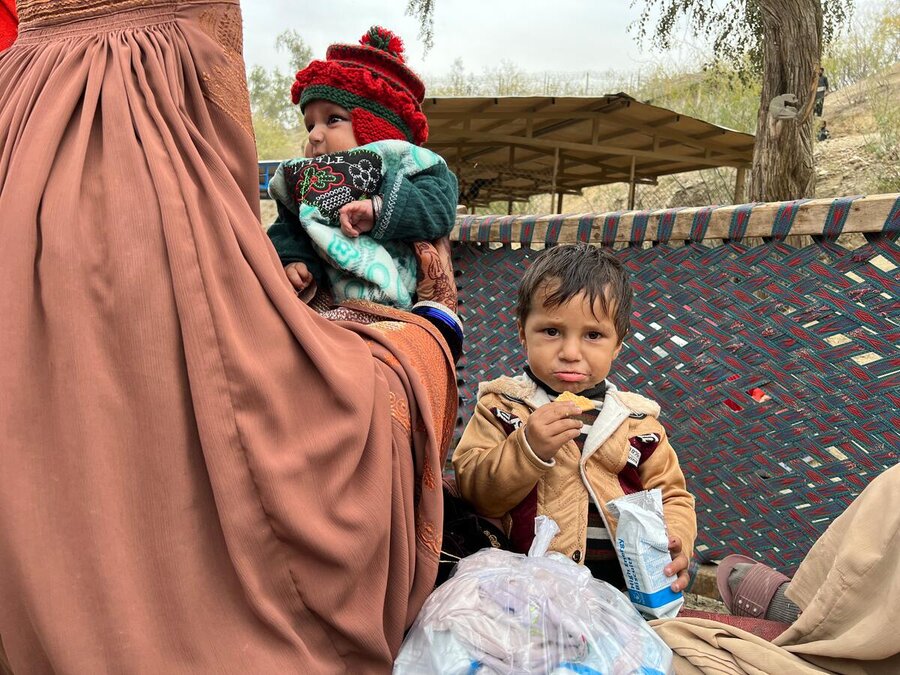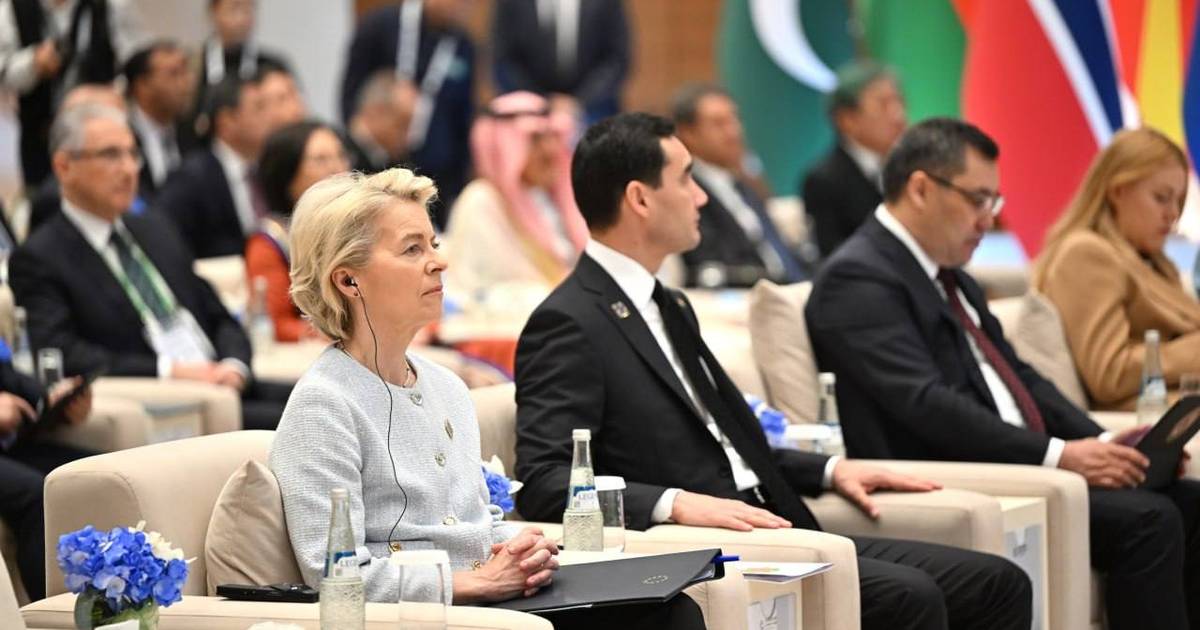
Sadiqa Mushtaq, a women's rights activist from Afghanistan, received the honorary title of "Ambassador of Rule of Law" at a ceremony in Italy, awarded by the International Rotary Association of that country. This award was given in recognition of Sadiqa Mushtaq's persistent and courageous efforts in defending human rights, particularly the rights of women and girls in Afghanistan. In a post on her X account, Ms. Mushtaq stated that she received this award on Friday, April 11, during a ceremony in Italy. In her speech at the event, Sadiqa Mushtaq said, "This honor does not belong to me alone; it belongs to all the women who are fighting for the right to education, freedom, and equality in Afghanistan." She emphasized, "As an Afghan woman, a mother, and a social activist, I have faced many challenges. After the fall of the government in Afghanistan, women were suppressed, but I and other brave women decided not to remain silent. I believe that every woman who fights inspires other women." Sadiqa Mushtaq added, "Living in a new country is difficult, but it is also an opportunity to advocate for human rights. I will continue to fight for justice, equality, and women's rights." This women's rights activist stated, "My message to all women is that no injustice lasts forever; if we join hands, no one can stop us." Rotary Italy also expressed its appreciation for Sadiqa Mushtaq's struggle against gender discrimination and her efforts to promote justice and the rule of law in a society where women are deprived of their most basic rights. The Ambassador of Rule of Law award is given by Rotary Italy to individuals who have played a significant role in promoting justice, ethics, and the rule of law in their communities. While this women's rights activist receives the "Ambassador of Rule of Law" award from Italy, the caretaker government has closed girls' schools above the sixth grade since regaining power in Afghanistan, and there are no signs of policy change in the new academic year. This action by the current government has resulted in millions of schoolgirls being deprived of education. Additionally, women are banned from going to gyms, restaurants, public baths, being examined by male doctors, traveling without a male guardian, working in domestic and international NGOs, and even in UN offices in Afghanistan.



